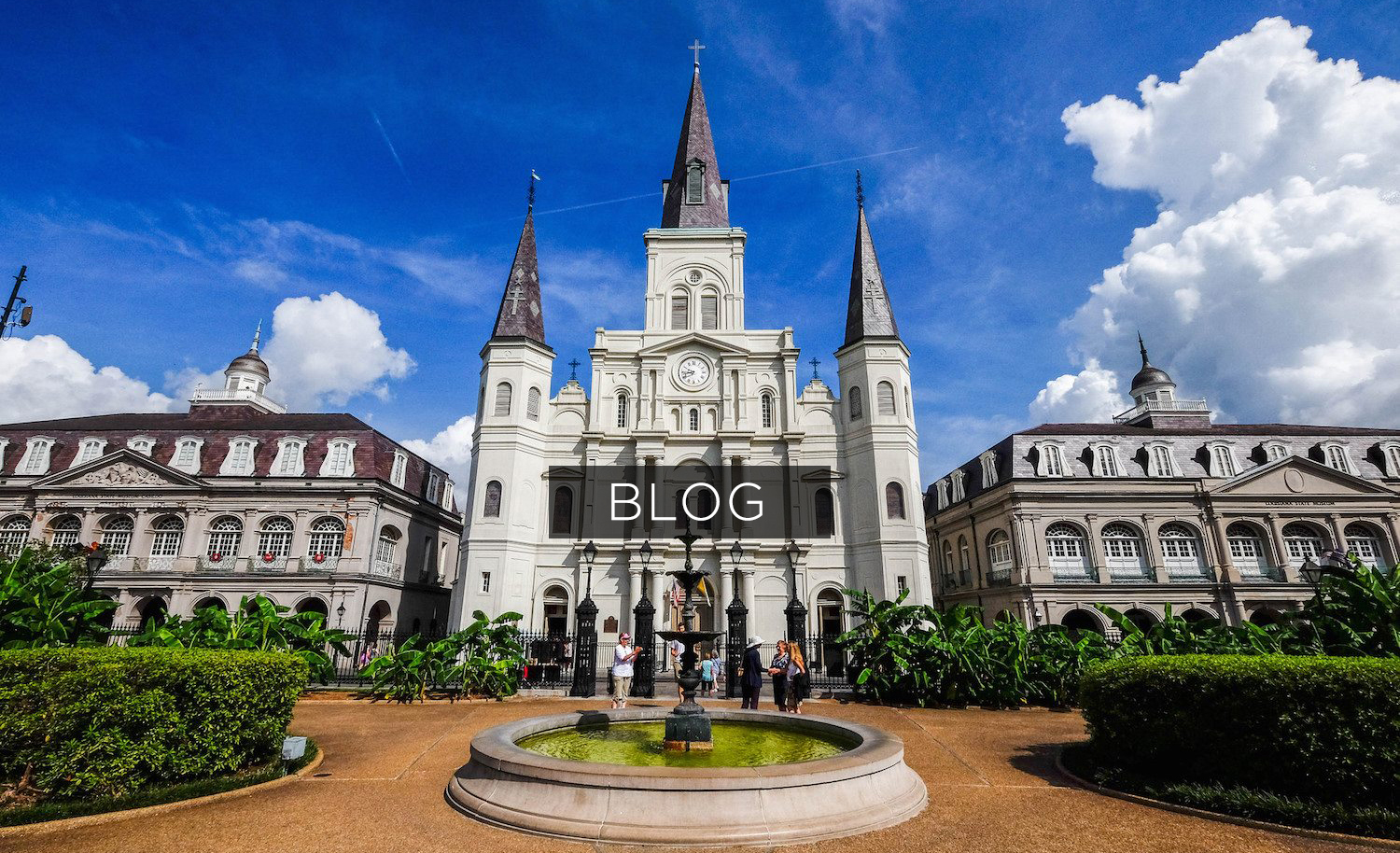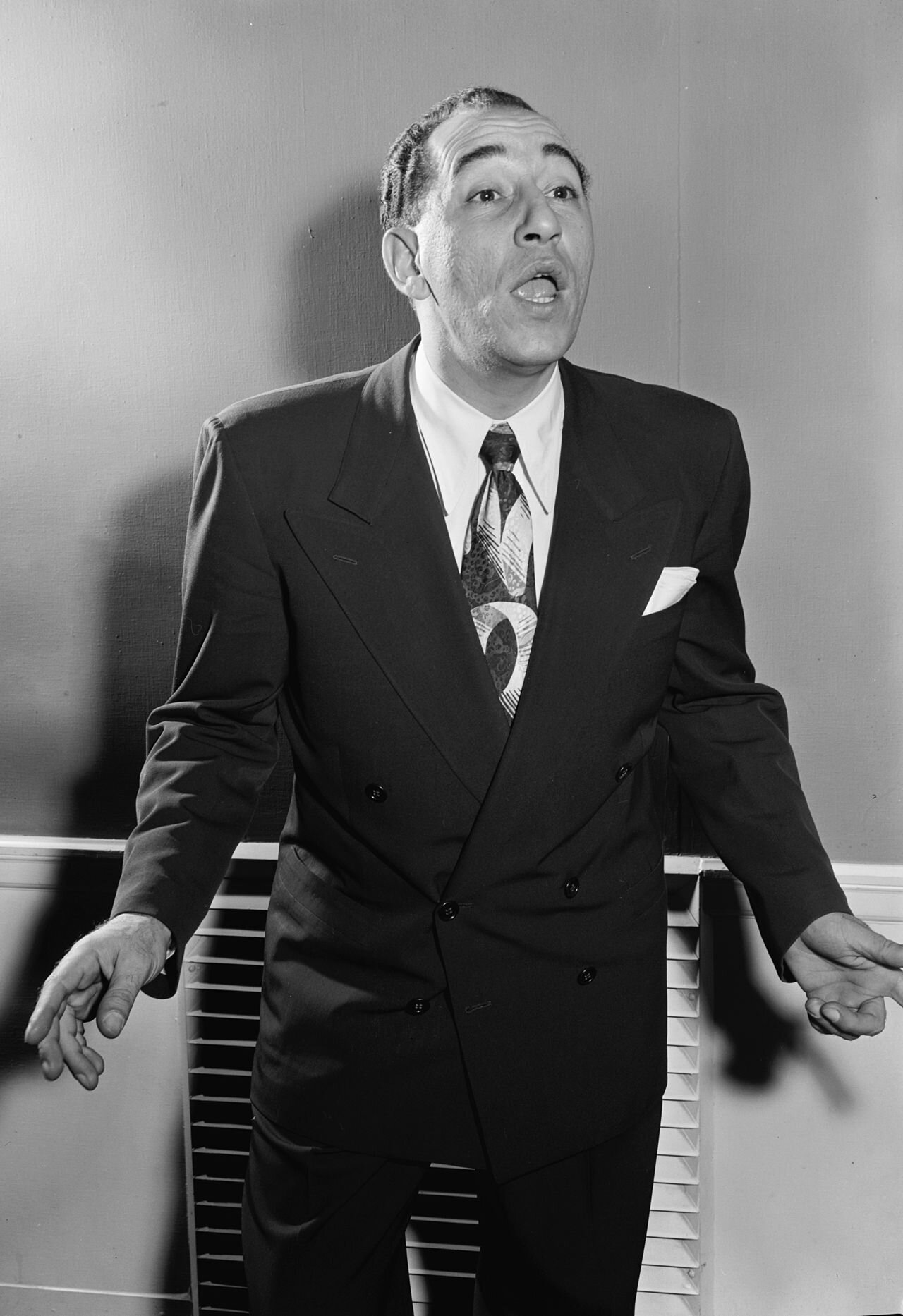Celebrating the Birthday of Professor Longhair
John Dunlop
Pianist and singer Henry Roeland “Roy” Byrd, better known as Professor Longhair, or “Fess” for short, was born on December 19, 1918, in Bogalusa, Louisiana. Learning to play on a piano that was missing some keys influenced his distinctive and instantly recognizable playing style. He began his career in New Orleans in 1948, the heyday of early rhythm and blues. The first version of his signature song, “Mardi Gras in New Orleans”, was recorded in 1949, and his only national commercial hit came in 1950 with “Bald Head”. During the 1950s, he recorded his favorites, “Tipitina” and “Go to the Mardi Gras”, and in 1964 he first recorded “Big Chief” with Earl King, the song’s composer. While he may not have achieved wide success during this time, he influenced many other New Orleans musicians, including Fats Domino, Dr. John and Allen Toussaint.
In the 1960s, Professor Longhair disappeared from the music scene, and he supported himself as a janitor. But, in 1971, he performed at the New Orleans Jazz and Heritage Festival, and his career received a well-deserved renaissance. He performed at the Newport and Montreux Jazz Festivals, toured the United Kingdom, and recorded a live album in 1975. His albums became available across America by the 1980s. Sadly, Professor Longhair died in his sleep on January 30, 1980, while filming the documentary Piano Players Rarely Ever Play Together which costarred Allen Toussaint and Tuts Washington. In recognition of his great talent and contribution to music, in 1981 Longhair was inducted into the Blues Hall of Fame. In 1987, he was awarded a posthumous Grammy Award for his early recordings released as House Party New Orleans Style, and in 1992, he was inducted into the Rock and Roll Hall of Fame. Today we remember Fess and celebrate his life and many contributions to the music we love so much!






